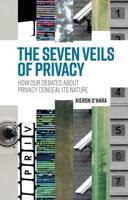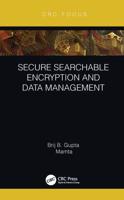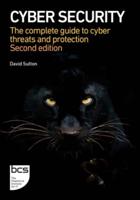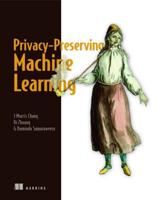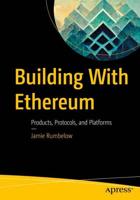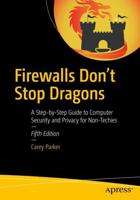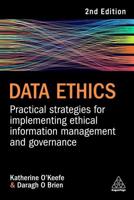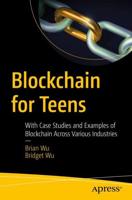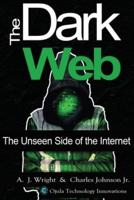Publisher's Synopsis
In the news on a daily basis are reports of lost or stolen computer data, hacker successes, identity thefts, virus and spyware problems, and network incursions of various kinds. Many people, especially nonprofessional administrators of home or small business networks, feel helpless. In this book, technical security expert Philip Alexander explains in layman's terms how to keep networks and individual computers safe from the bad guys. In presenting solutions to these problems and many others, the book is a lifeline to those who know their computer systems are vulnerable to smart thieves and hackers-not to mention tech-savvy kids or employees who are swapping music files, stealing software, or otherwise making a mockery of the word security.
In his job protecting data and combating financial fraud, Philip Alexander knows well which power tools are required to keep hackers and thieves at bay. With his gift for putting technical solutions in everyday language, Alexander helps readers with home and/or small business networks protect their data, their identities, and their privacy using the latest techniques. In addition, readers will learn how to protect PDAs and smartphones, how to make hardware thefts more unlikely, how to sniff out scammers and the motives of offshore tech support personnel who ask too many questions, and how to keep personal information safer when shopping over the Internet or telephone.
The emphasis throughout the book is on managing security-putting protections and policies in place that will make it far less likely that readers become victims. What's more, the book isn't just about the dangers of technical ignorance: It is designed to show readers how to get the most from their systems, how the latest software can increase productivity, how to solve knotty computer problems without getting tied into knots yourself, and when to call in the pros. This book does more than provide solutions-it provides peace of mind.

